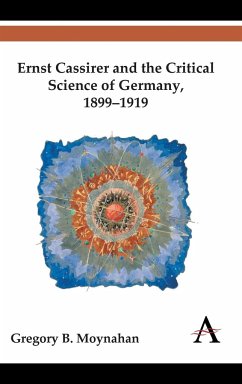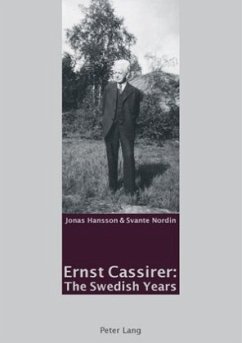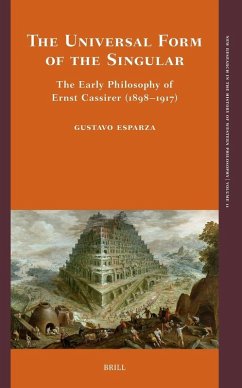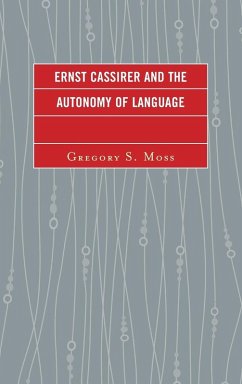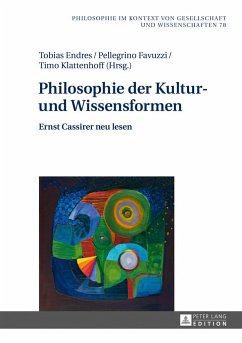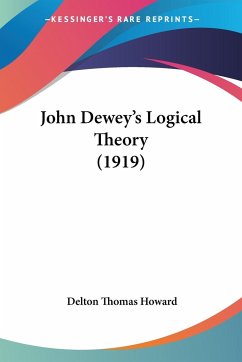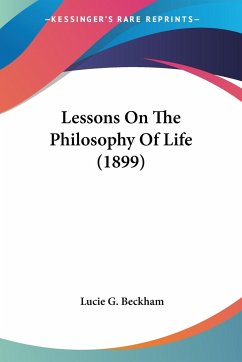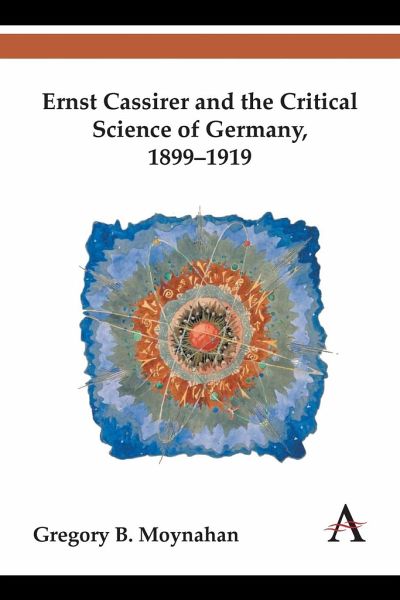
Ernst Cassirer and the Critical Science of Germany, 1899-1919
Versandkostenfrei!
Versandfertig in 1-2 Wochen
44,99 €
inkl. MwSt.
Weitere Ausgaben:

PAYBACK Punkte
22 °P sammeln!
Reconstructing the relationship between science and politics in Imperial Germany, this book covers the early work of the philosopher and historian Ernst Cassirer (1874-1945) and discusses his relation to the Marburg School of philosophy.





